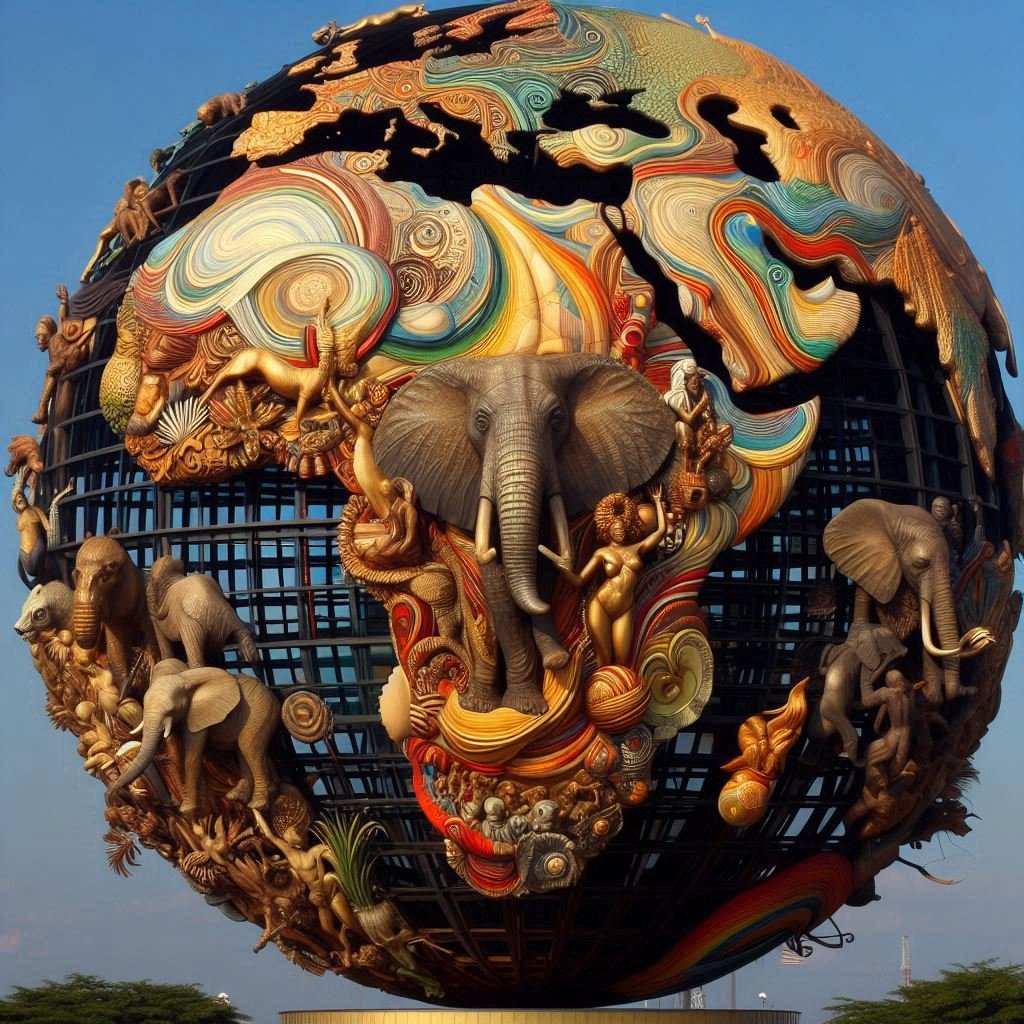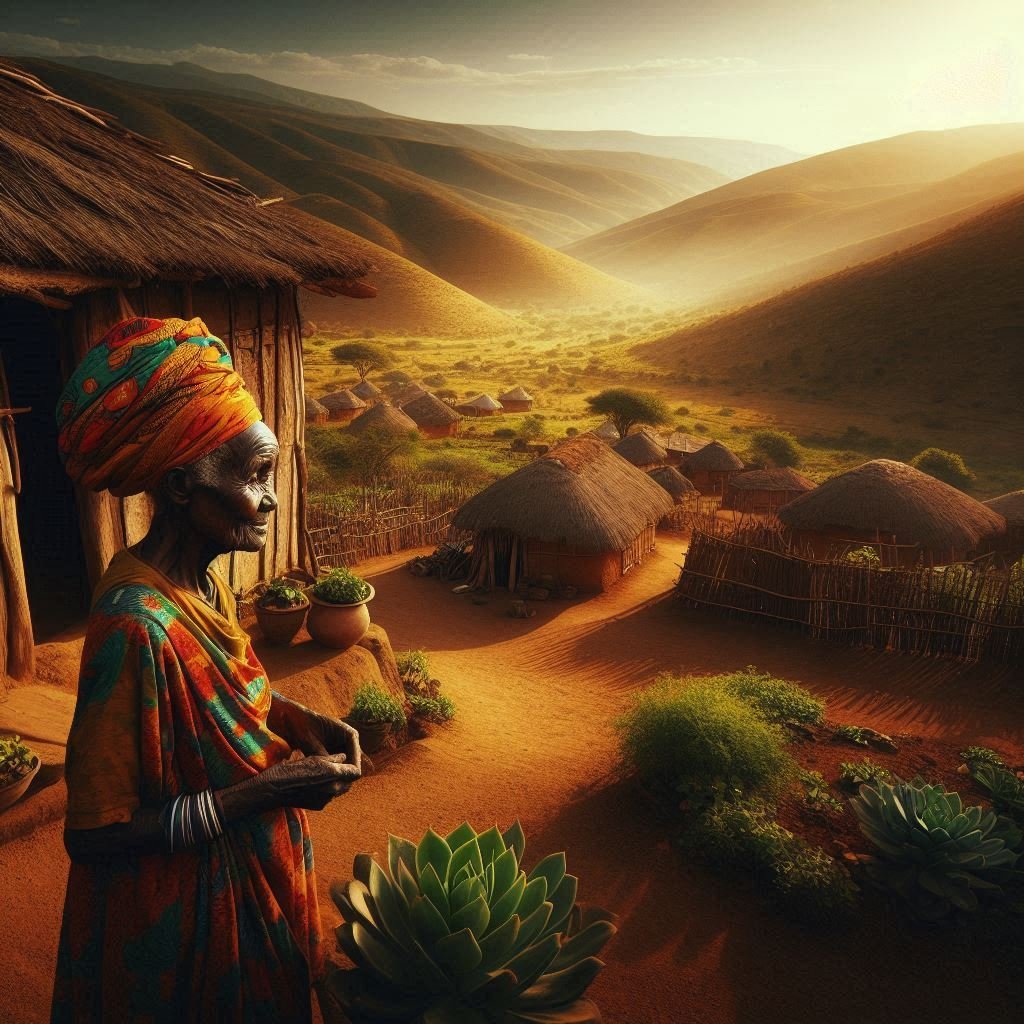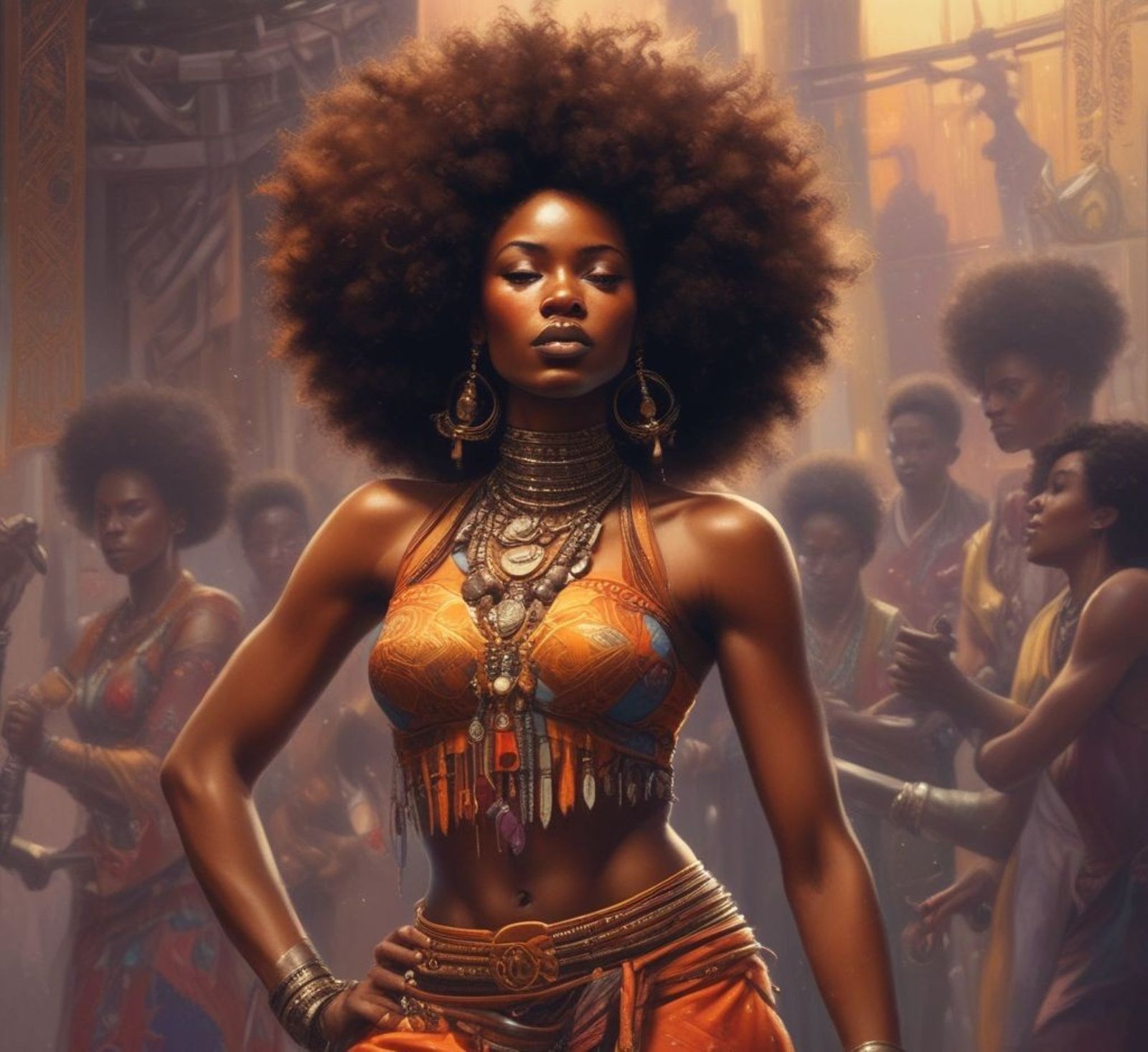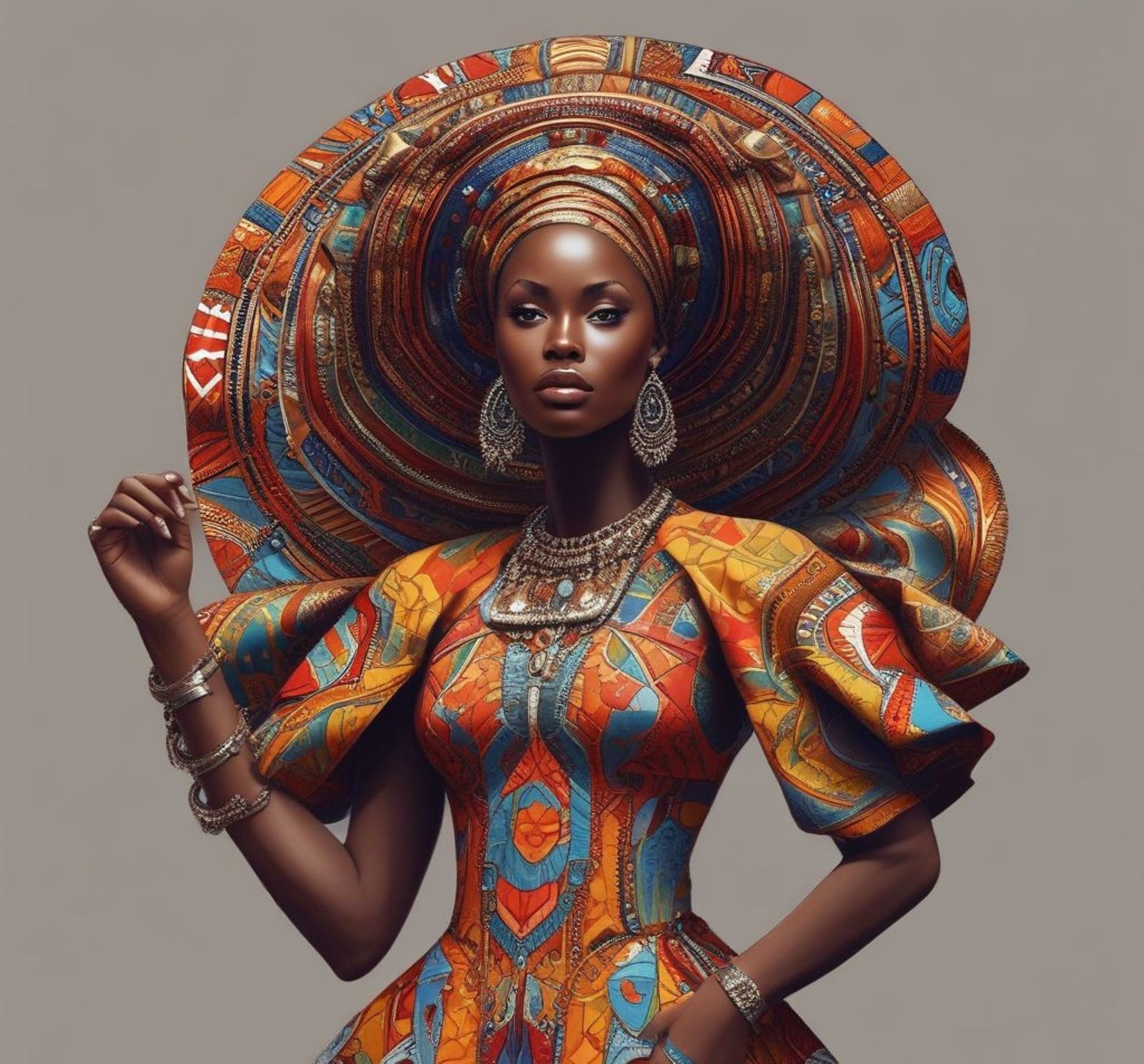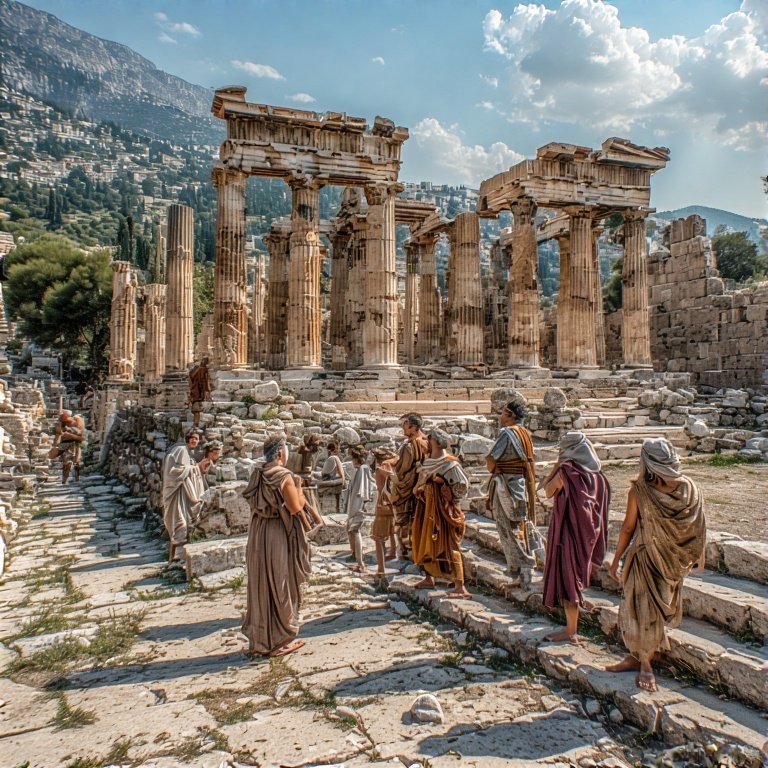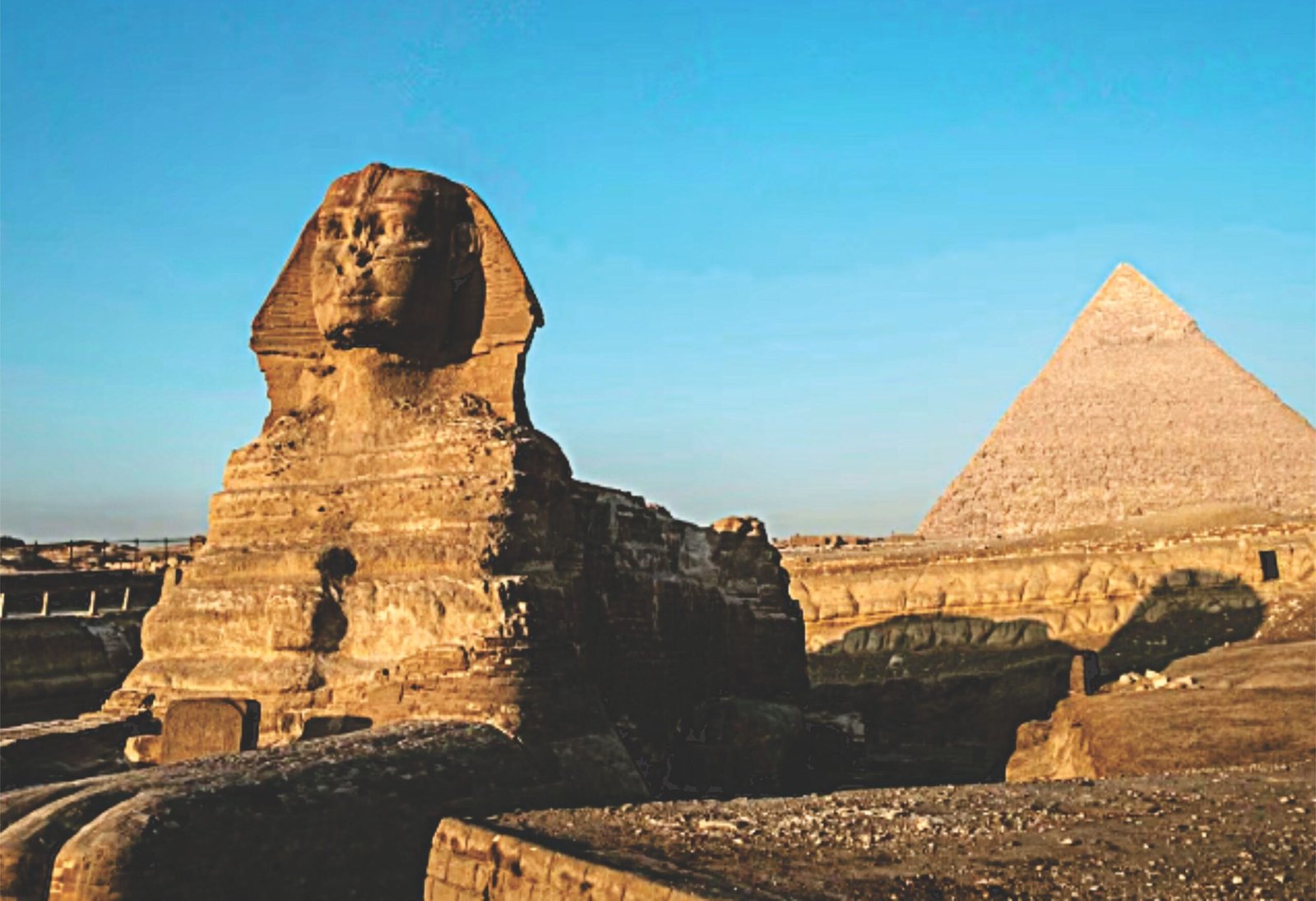Table of content
Introduction to Kwame Nkrumah and His Vision
Exploring Nkrumah’s Policies and Their Influence on Africa
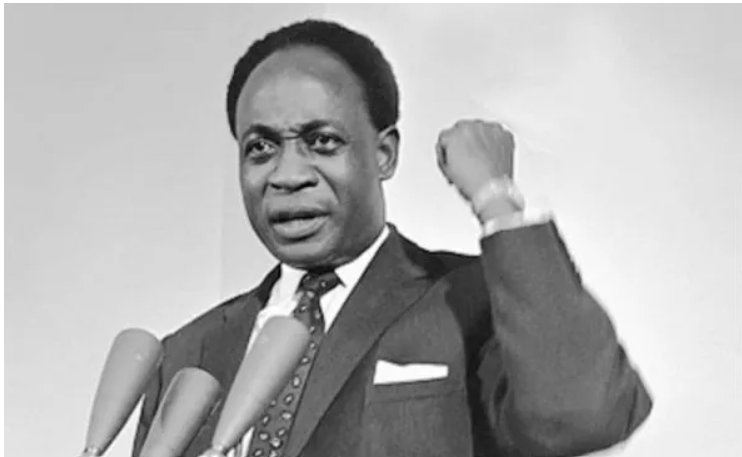
This editorial aims to engage in a thought experiment, exploring how the trajectory of African nations and their relationship with the West might have transformed had Nkrumah’s vision come to fruition. By delving into the implications of a unified African continent, we invite readers to consider the potential economic, political, and cultural benefits that could have arisen from a deeply integrated regional identity. The discussion will not only shed light on Nkrumah’s critical role in shaping contemporary Africa but also analyze the broader ramifications of his vision on global geopolitics.

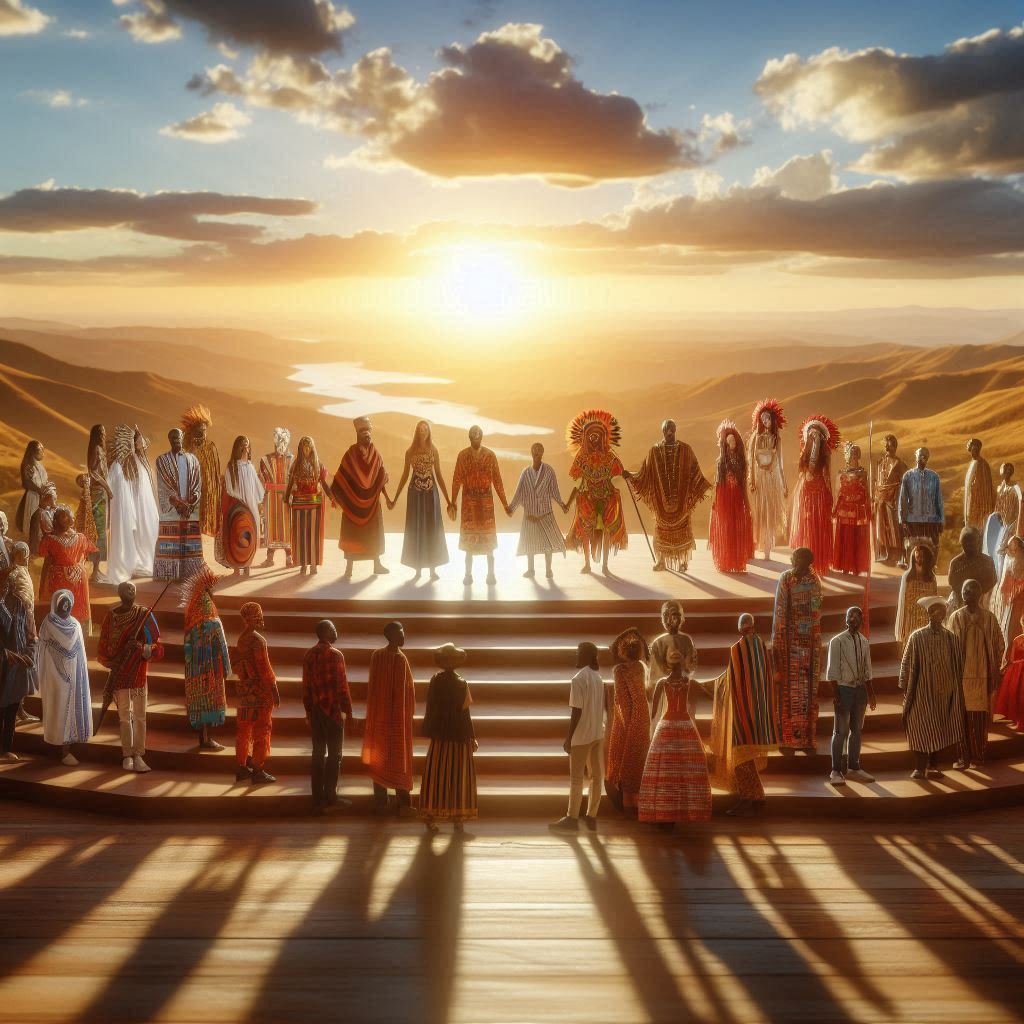
Kwame Nkrumah, the first president of Ghana and a prominent figure in the pan-African movement, held a visionary outlook for an independent Africa. His aspirations extended beyond mere political sovereignty. Born on September 21, 1909, in Nkroful, Nkrumah’s educational pursuits began in his homeland Ghana before he moved to the United States, where he studied at the University of Pennsylvania and later to the University of London, where he immersed himself in political philosophy and the complexities of colonialism. Nkrumah’s exposure to various political philosophies and ideas during his time abroad significantly shaped his worldview, solidifying his commitment to pan-Africanism and the quest for independence. Upon returning to Ghana, then Gold Coast, he quickly became involved in politics and emerged as a fervent advocate for his Ghana’s liberation from British colonial rule.
Nkrumah’s rise to power was marked by his charismatic oratory and ability to mobilize the masses. He played a pivotal role in the independence movement, which ultimately led to the Gold Coast gaining independence on March 6, 1957. He became the first Prime Minister of Ghana, making it the first sub-Saharan African country to gain independence. As the Prime Minister and later President, Nkrumah implemented policies that sought to transform Ghana into a self-reliant nation. His vision extended beyond national borders; he aimed to unite Africa, advocating for economic independence and political unity amongst African nations, as he famously stated, “We seek to create a united Africa that guarantees the dignity and economic well-being of our peoples.”
Nkrumah’s Vision Against Colonialism
Central to Nkrumah’s vision was the belief that colonialism was not merely a historical injustice but an ongoing system that needed to be dismantled. He sought to address the economic structures established by colonial powers, pushing for investments in infrastructure, education, and industrialization. Key speeches from his political career captured his aspirations, insisting that true freedom included not only physical independence but also liberation from economic constraints imposed by former colonial rulers. He inspired a generation of leaders and activists across the continent, promoting the idea that the continent’s diverse nations could rise collectively against foreign domination.
Nkrumah’s vision was not solely about independence but encompassed a broader ambition of creating a continent where collaboration replaced divisions, and where citizens took ownership of their destinies. His leadership was characterized by ambitious socio-economic programs aimed at modernizing the newly independent nation, emphasizing the need for a shared identity among African countries. He articulated a vision of a united Africa, which resonated deeply with many across the continent, reflecting the desire for collective progress and autonomy. His belief in socialism as a pathway to prosperity was rooted in the understanding that Africa needed to reject Western neo-colonial tactics that could perpetuate dependency. Thus, his ideas became a beacon for many leaders and movements across the continent striving to achieve genuine autonomy and identity despite the burdens of colonial legacies.
African nationalism emerged as a reaction to the pervasive influence of colonial powers that had systematically imposed economic, cultural, and political subjugation on African nations. As liberation movements gained momentum, Kwame Nkrumah began articulating a vision of an independent Africa free from the shackles of colonial dominance. Nkrumah understood that the fight against colonialism was not just a physical struggle but also a cultural one, necessitating a reclamation of African identity and heritage.
Nkrumah’s Economic Policies and Their Influence on Africa
Kwame Nkrumah implemented a range of policies that significantly influenced both the domestic landscape of his nation and the broader context of post-colonial Africa. His governance was underpinned by a vision of economic independence and social reform, which he believed were essential for national development. One of the cornerstone policies was his economic strategy aimed at promoting industrialization and self-sufficiency. Nkrumah established state-owned enterprises and sought to nationalize key sectors, including banking, mining, and agriculture. This approach aimed to reduce dependence on foreign entities and to build a robust economy capable of supporting national needs.
In parallel to his economic initiatives, Nkrumah championed social reforms that targeted education and healthcare. He recognized that a well-informed citizenry was crucial for a thriving, independent nation. To this end, he expanded educational opportunities, establishing numerous schools and universities, which were emblematic of his policy to uplift the population through knowledge. In healthcare, his government worked to improve access to medical services, particularly in rural areas, which was a significant aspect of his broader social agenda aimed at enhancing the quality of life for Ghanaians. His policies, also included nationalizing key industries and prioritizing education and public welfare, which became a source of friction with the West. His rejection of Western capitalist models in favor of a socialist framework alarmed leaders in Washington and London, leading to a perception of him as a potential ally of the Soviet Union. As Nkrumah sought support from Eastern Bloc countries to bolster his initiatives, Western nations intensified efforts to undermine his administration, viewing his leadership as a threat to their interests in Africa
Nkrumah’s Relationship with the West: A Double-Edged Sword
From a diplomatic viewpoint, Nkrumah’s legacy complicates Africa’s relations with Western nations. His criticisms of Western imperialism and insistence on equal partnerships still resonate in diplomatic discussions today. The historical narrative surrounding Nkrumah shapes how African countries engage with former colonial powers, emphasizing the need for mutual respect and reconsideration of economic agreements that do not favor local interests. As global dynamics shift, the principles laid out by Nkrumah offer a framework for redefining Africa’s place in the world, ensuring that future negotiations reflect the aspirations of African peoples. Ultimately, Nkrumah’s legacy is pivotal in fostering a more equal global dialogue while encouraging African nations to assert their roles on the world stage. The legacy of Kwame Nkrumah extends far beyond his tenure as the first President of Ghana; it continues to shape contemporary African political landscapes and diplomatic relations with the West. Nkrumah’s vision of pan-Africanism and economic independence resonated deeply among various political movements and leaders across Africa, making him an enduring symbol of anti-colonial struggle and unification. His philosophies regarding self-determination and the need for a united Africa have inspired current leaders to advocate for regional collaborations and to address common challenges such as poverty, political instability, and economic dependency on the West.
Nkrumah’s ideals were deeply rooted in the belief that Africa must break free from the economic and political shackles of colonialism. He championed the idea of self-governance and sought to empower African nations through education, industrialization, and infrastructural development. He viewed the economic dependency created by colonial powers as a significant barrier to achieving true freedom. In his pursuit of socioeconomic reforms, he advocated for re-distributive policies that would elevate the living standards of the impoverished majority, clearly highlighting his commitment to social justice
Nkrumah’s ideology of Pan-Africanism and Historical Context of Pan-Africanism
Nkrumah is often celebrated as one of the most pivotal figures in the quest for African independence.


